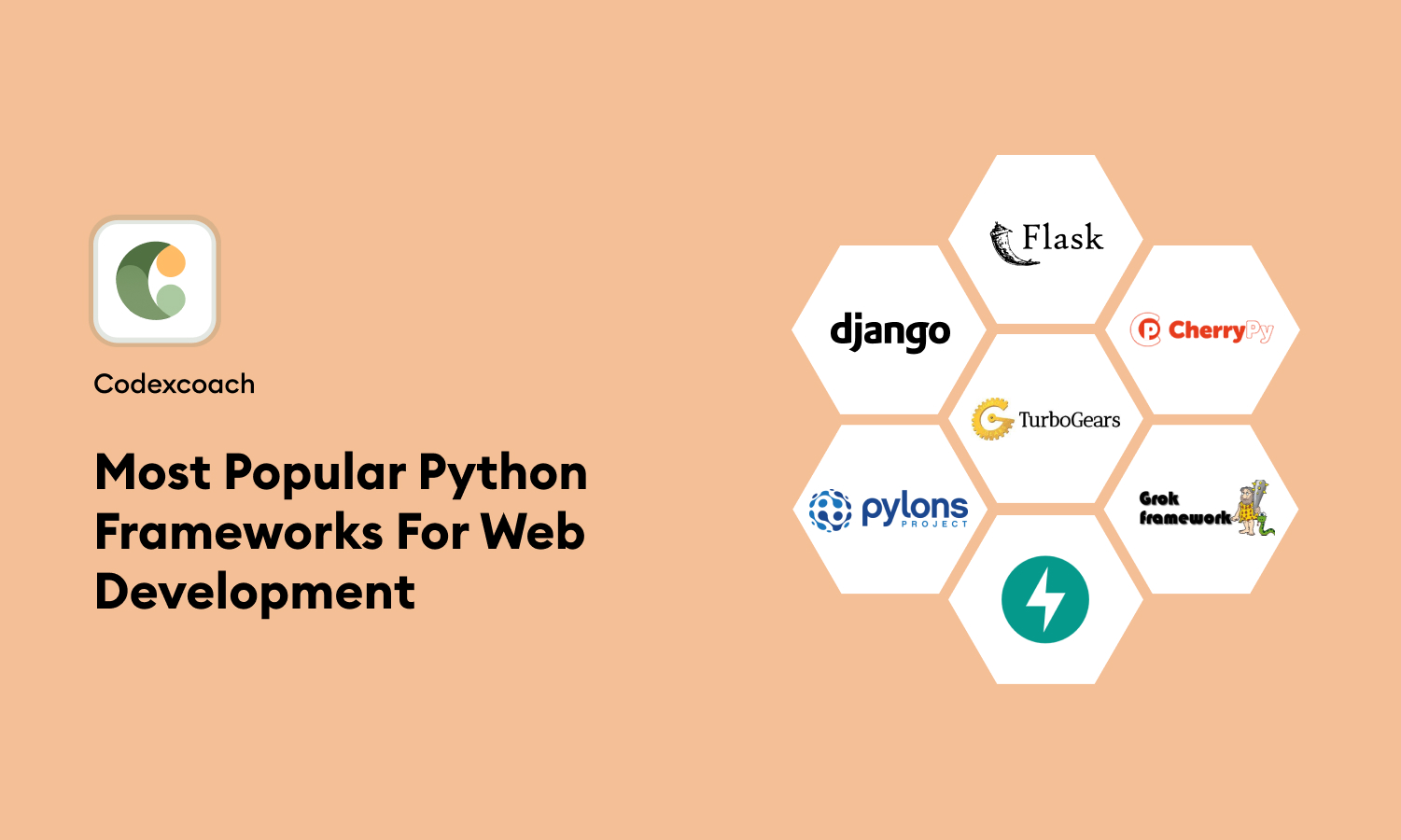In today’s interconnected world, it is important to protect sensitive information and cybersecurity plays a vital role in achieving this. Ethical hacking, also known as penetration testing or white-hat hacking, is essential to ensure the security of computer systems and networks. This beginner’s guide will introduce you to the fascinating world of ethical hacking, with a focus on how the popular programming language Python can be used effectively in this field.
Understanding Python Programming Language
Python is a versatile and beginner-friendly programming language with a simple syntax and readability, making it ideal for beginners. It offers a wide range of libraries and frameworks suitable for ethical hacking purposes. Python’s extensive library ecosystem includes modules such as Skippy, Requests, and Metasploit, which provide ready-made tools for various hacking techniques.
What Is Ethical Hacking?

Ethical hacking is a controlled process in which a certified hacker attempts to infiltrate an organization’s systems and devices within the bounds of the law. Through this exercise, an organization’s security measures are rigorously evaluated, highlighting any potential vulnerabilities in their systems and networks.
Ethical hackers use the same methods and tools as malicious hackers, but with explicit authorization, aiming to strengthen security and shield systems against potential breaches. Throughout their endeavors, ethical hackers are obliged to report to management any vulnerabilities or flaws they come across.
Now, let us learn about Python in Ethical Hacking in detail, starting with the introduction to Python.
What Is Python?
Python is a user-friendly high-level programming language that was conceived by Guido van Rossum in the late 1980s. Widely adopted in web development, machine learning applications, and cutting-edge software technologies, Python 3 is the latest version of this language. For both novice and experienced programmers, Python is especially attractive to those familiar with languages like C++ and Java.
Like other programming languages, Python works with an interpreter, executing lines of code as they are written. A range of learning resources exist to master Python, with its syntax mirroring standard English grammar, making it one of the most accessible languages to learn and understand.
In the upcoming section, let us learn about ethical hacking and some of the advantages offered by Python as a programming language.
Why Choose Python for Ethical Hacking?
Python is becoming increasingly preferred in the ethical hacking community for several compelling reasons. Firstly, its wide range of libraries provides robust and user-friendly tools, which greatly simplifies the tasks for hackers and developers. Additionally, Python’s remarkable readability makes it exceptionally accessible, ensuring ease of understanding and implementation.
Compared to other programming languages like Java, Python provides better access, allowing hackers to delve deeper into functions and variables with greater ease and efficiency. This accessibility is important for ethical hackers who want a language with clear and straightforward syntax.
Python’s extensive library ecosystem, including powerful tools like Pulsar and NetworkX, further enhances its appeal. These libraries are not only easy to learn and implement but also highly effective, making Python an optimal choice for ethical hacking efforts.
Creating a Simple Python Web Scraper: Easy Python Guide!
If you’re just starting out with Python and want to get into some fun projects, there are plenty of options that are easy to understand and great for learning. A good place to start is something like creating a to-do list app or a simple calculator. However, let’s focus today on putting together a basic command-line web scraper using Python. This project is straightforward and provides fun as well as a chance to learn more about programming.
Understanding Web Scraping
Web scraping is a method of collecting data from websites. Many developers prefer to use Python for this as it has great tools for this purpose. For example, Python has a library called Requests for managing web communications and another library called BeautifulSoup for understanding webpage design. Although you can use other programming languages like PHP for web scraping, Python is very popular. Here’s a straightforward guide to building a web scraper with Python in the command line, which is a way to interact with your computer by typing commands.
Now, Let’s Code!
- First, we need two tools from Python’s toolkit: BeautifulSoup and Requests:
import requests from bs4 import BeautifulSoupThe Requests tool is really handy for getting information from websites. It lets us grab the page content of any website we want to look at.
BeautifulSoup makes working with website content a breeze. It helps us dig through and tweak the HTML of websites, making it easy to get the data we need.
- Now, we’ll set up a function named scrape_blog. This function will do the heavy lifting of grabbing data from a blog. We just need to tell it the web address, or URL, of the blog.
def scrape_blog(url):- Inside the function, we start by asking the Requests tool to fetch the page from the blog using a method called
requests.get(url). This gets us the HTML content of the page.
try:
response = requests.get(url)- Next, we check if our request worked out okay. We do this with a line called
response.raise_for_status().If something goes wrong, it will let us know by causing an error, which we’re prepared to handle if it happens.
response.raise_for_status()
except requests.exceptions.RequestException as e:
print(f"Failed to retrieve the page: {e}")
returnIf there’s a mistake in sending the HTTP request, the script will show an error message and stop running.
- After getting the webpage’s HTML, we used a tool called BeautifulSoup to make sense of it. We set it to use ‘
html.parser‘ to help us read the HTML.
soup = BeautifulSoup(response.text, 'html.parser')- The script then looks for all the headlines on the webpage, which are usually inside <h2> tags. We use a command called
soup.find_all('h2')to find these.
articles = soup.find_all('h2')- If any headlines are found, the script goes through each one and prints out the headline text, leaving out the HTML tags using a method called
get_text().
if articles:
for article in articles:
print(article.get_text())- If no headlines are found, the script tells you that there aren’t any to show.
else:
print("No article titles found on the page.")- The script checks if it is the main part of the program being run with
if name == "main". If so, it asks for the URL of the blog you want to look at and starts the process of fetching and showing the headlines from that blog.
if __name__ == "__main__":
url = input("Enter the URL of the blog: ")
scrape_blog(url)That’s pretty much all there is to it! This overview should make it easier to grasp how the script fetches and displays article headlines from a website.
The full code will look something like this:
import requests
from bs4 import BeautifulSoup
def scrape_blog(url):
try:
response = requests.get(url)
response.raise_for_status()
except requests.exceptions.RequestException as e:
print(f"Failed to retrieve the page: {e}")
return
soup = BeautifulSoup(response.text, 'html.parser')
articles = soup.find_all('h2') # Assuming article titles are in <h2> tags
if articles:
for article in articles:
print(article.get_text())
else:
print("No article titles found on the page.")
if __name__ == "__main__":
url = input("Enter the URL of the blog: ")
scrape_blog(url)Here’s a brief look at what the final web scraper we talked about would do: it fetches headlines from a specified webpage and shows them in a simple format.

FAQs – People Also Ask
Q1. What makes Python so popular among hackers?
Python’s popularity stems from its open-source nature, ease of learning and use, as well as the extensive support provided by its libraries, making it highly attractive to hackers.
Q2. Can coding skills help in learning hacking techniques?
Indeed, coding skills are fundamental to mastering hacking techniques, although a comprehensive understanding of hacking requires knowledge beyond coding.
Q3. Is Python a strong language for ethical hacking?
Definitely! Python’s versatility, simplicity, and abundance of libraries available make it an excellent choice for ethical hacking tasks such as developing network tools and scripts.
Q4. What are the primary Python libraries used in data science?
Data scientists often rely on libraries like pandas or Python’s data analysis library for their analytical work, allowing them to manipulate and analyze data efficiently.
Q5. Is it necessary for hackers to learn Python?
Absolutely. Given its widespread use and importance in this field, proficiency in Python is essential for anyone interested in pursuing a career in ethical hacking.
Q6. Which Python library is commonly used in ethical hacking?
One of the most popular options is the IMpacket library, which helps developers create and decode network packets, an important aspect of ethical hacking.





